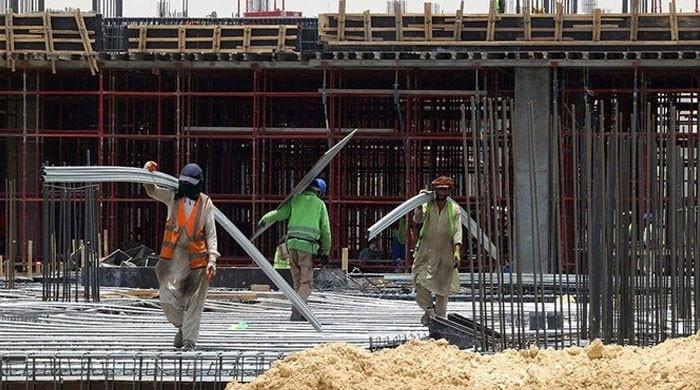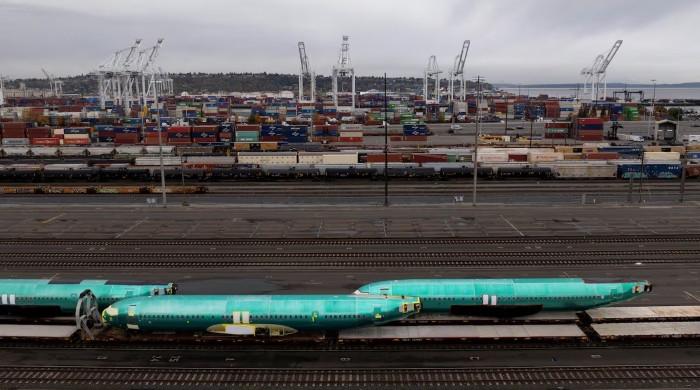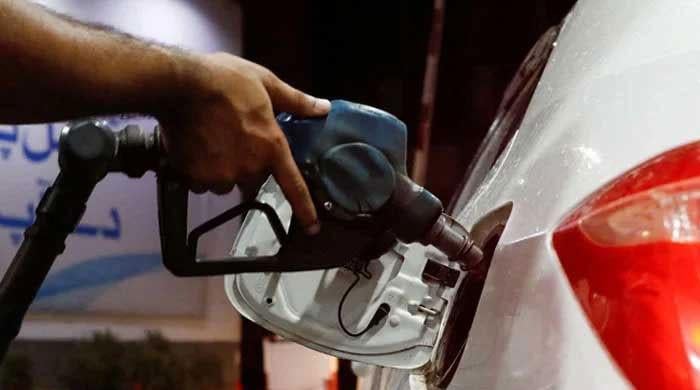Strengthening small and medium enterprises in tribal areas
As per the survey of 302 businesses, more than half of the business owners do not have a bank account for their enterprises
June 28, 2021
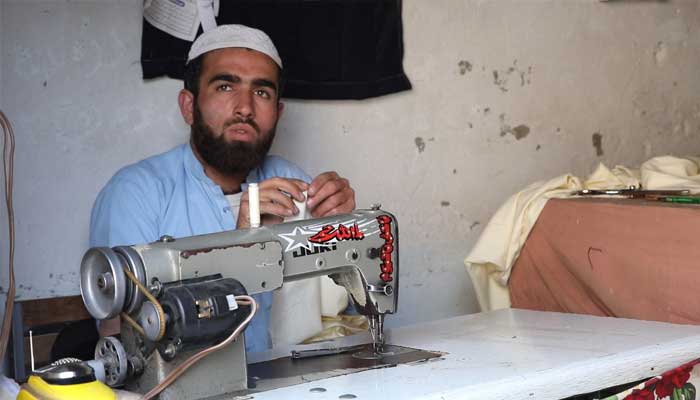
Nouman Turi, an architect and private contractor from Kurram, struggled for years to raise financial capital for his startup. When he could not arrange the money through formal means, he had no choice but to borrow from his friends and family for the initial investment.
Turi said that he has many people working with him and a lot of livelihoods are attached to his work. He regretted that many business owners like him struggle to raise enough investment and support their employees.
“We are unable to avail the option of bank loans as we are unable to provide collateral proof. We have to rely on personal savings and borrowed money from acquaintances, which is one of the most unstable options.”
Although small and medium enterprises are one of the largest employment generators in the tribal merged areas, they have to face several obstacles.
In addition to challenges such as rickety infrastructure, the unreliability of energy supply, and neglect from the previous government, a key limitation exacerbating the growth of enterprises in the region is the lack of access to credit. It is mainly a result of a combination of low financial literacy and a lack of available banking services in the region.
In order to rectify the discrepancies in data collected during a survey conducted in 2010 and gather valuable information of the merged areas, the United Nations Development Programme (UNDP) through its Merged Areas Governance Project (MAGP) has been providing technical assistance to the government of Khyber Pakhtunkhwa.
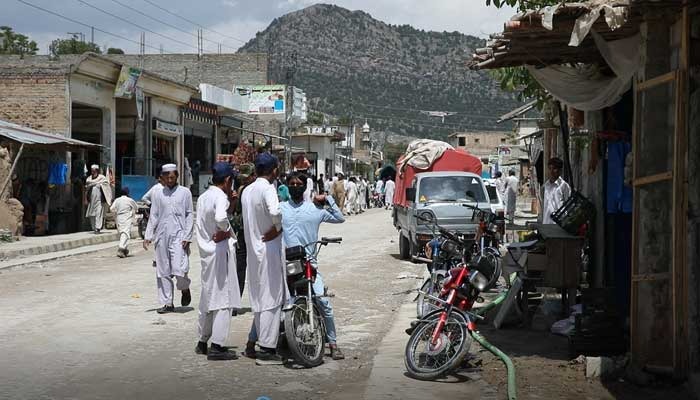
Under the programme, a survey was carried out in 2021 to identify the obstacles that impede the growth of the business and finance sector in the region.
As per the survey of 302 businesses, more than half of the business owners do not have a bank account for their enterprises. Approximately 70% of businesses are completely run on the owner’s equity.
Surveyed business owners reported conducting up to 62% of all transactions through cash, resulting in a lack of documentation required to build a credit history.
A number of informal businesses and loans are largely sourced from family and friends, with only 1% of the respondents relying on formal banking channels.
The survey also highlighted how people in the merged districts are unable to fulfil the conventional loan requirements, which strictly depends on detailed credit history and provision of an asset or property as collateral security.
This also makes private investors hesitant in investing in a business in the region as there is no proper regulatory framework and paper trail.
Masroor Qureshi, a UNDP consultant and former debt management director-general at the Ministry of Finance, is of the view that there is no collateral in Merged Areas that can be claimed and due to its location and ongoing land disputes, investors do not value the land and property of the Merged Areas. Therefore, they have no incentive to invest.
To eliminate ambiguity and provide security for financial transactions, a 2019 Small and Medium Enterprise Activity (SMEA) Report by USAID suggested that land records must be digitised by creating a GIS-based digital system to computerise property rights and ownerships since land records are a prerequisite for banking operations.
The work on digitising the land records system has been started, with its pilot project already completed in two revenue estates in upper Kurram, namely Alamsher and Dingeela.
The locals have also lauded the project, which according to them, will help them secure a loan. Gulab Husain, a resident of Kurram, pointed out that the value of their lands has also doubled due to the digitisation of land records.
The government has also introduced targeted initiatives such as Insaf Rozgar Scheme and the KP Youth Fund to boost the economic activities of small and medium enterprises in the tribal region.
Speaking on innovations, Quraishi suggested that digital banking with a barcode system is the only permanent solution to the ongoing finance-related problems of the merged areas. “It will not only help in gathering data for credit history but can also promote easy accessibility to loans,” he said.
He also suggested the government explore the option of scaling the small digital banks.
Additionally, to boost business growth in the merged areas, Usman Bajwa, corporate director of finance, recommends crowdfunding i.e raising financial investment from a group of investors or innovative investment partnerships from private firms and donor agencies.
“Private investors such as international agencies, private entrepreneurs, and small private banks should collaborate for collective investment in the region. However, this is not possible until the government provides a sense of security and an effective governance system to monitor economic activities.”
The author has studied business and economics and works in the development sector in Khyber Pakhtunkhwa.




